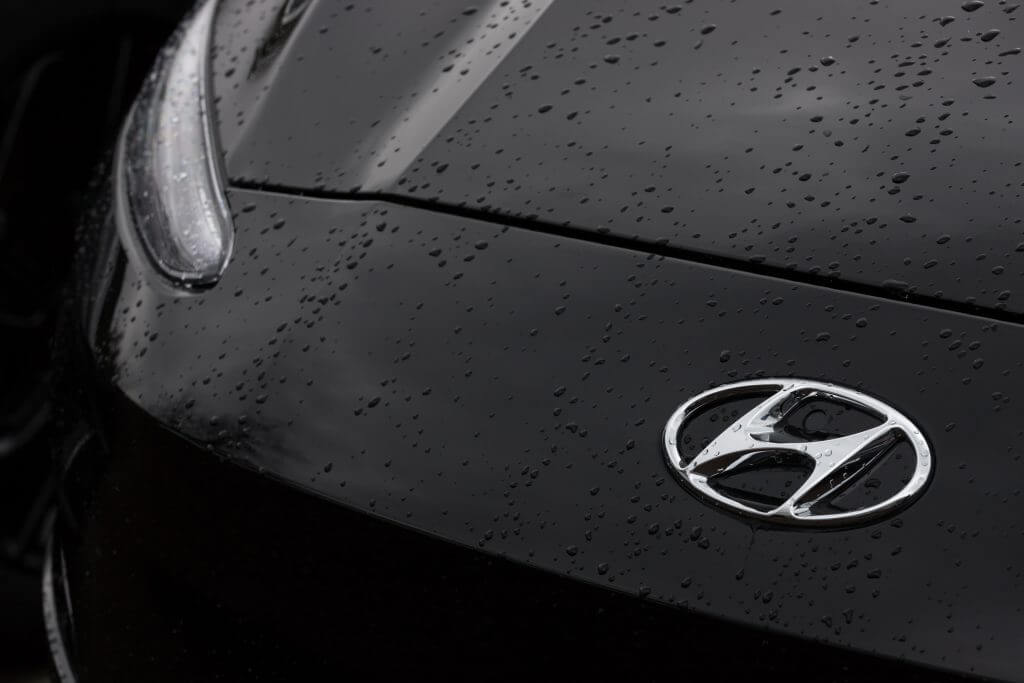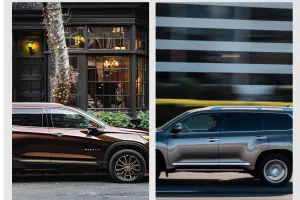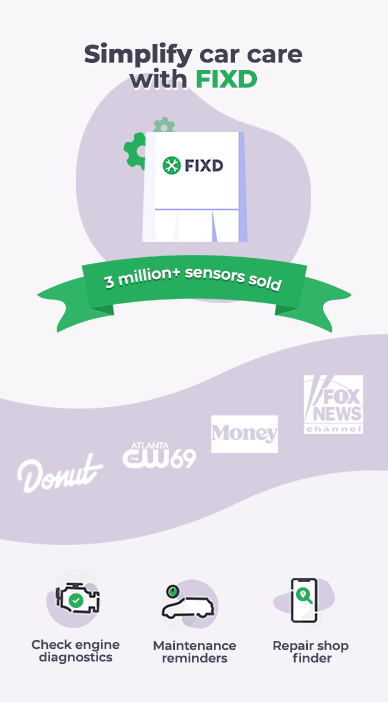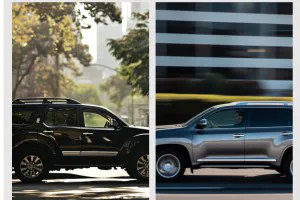Hyundai has been having problems with the engines in some of their cars, so if your Hyundai is one of the faulty vehicles that have been recalled, investigate whether you qualify for a replacement, refund, or cash settlement under the warranty.
Hyundai’s Standard Manufacturer Warranty
The bumper-to-bumper limited warranty covers five years or 60,000 miles, whichever is reached first. It includes issues in materials and workmanship that occur on the body, inside, electronics, and chassis components during the normal use of the vehicle. The paint is only covered for three years or 36,000 miles.
Hyundai’s gasoline powertrain warranty spans 10 years or 100,000 miles, whichever comes first. This includes the engine, transmission, and parts that drive power to the wheels. The powertrain warranty is only applicable to the original owner of the vehicle.
The hybrid and electric powertrain warranty covers 10 years or 100,000 miles and applies to the electric motors and corresponding components, charging devices, and batteries.
Hyundai’s anti-perforation warranty is valid for seven years. Hyundai vehicles are guaranteed against rust holes through a body panel due to a workmanship defect and during normal use. Surface corrosion on the body is covered for three years or 36,000 miles, whichever comes first.
Roadside assistance is provided for five years across the United States and Canada. The exceptions are when you’re driving off-road or are involved in an accident.
Hyundai offers complimentary maintenance with coverage of three years or 36,000 miles for basic services such as tire rotations and oil changes.
Recent Hyundai Engine Problems
Recently, there have been various recalls on certain Hyundai models for engine problems. The National Highway Traffic Safety Administration is investigating the company for its slow response to recalling over a million vehicles due to their engines stalling and the dangers around that. Engine fires in Hyundai vehicles may indicate malfunctioning gasoline direct injection engines. This can cause the engine to stall, sometimes resulting in the engine bursting into flames.
The 2010 and 2012 Hyundai Santa Fe engines are part of the recall. There’s a chance that they may stall during driving and become unstable. Drivers who find themselves in these circumstances can control the vehicle because the brakes, steering, and safety devices like airbags, are still functional. Hyundai’s vehicle warning signals kick in to alert the driver so that they can get off the road as soon as possible. Although Hyundai issued a “service campaign” around the issue, it didn’t seem to repair the stalling defect. If you’re a Hyundai driver, make sure to check that your car is not affected by these recalls.
In another case, Hyundai recalled around 270,000 Sonata sedans in September 2015 due to the possibility of metal shavings left within the crankshaft oil passages. These shavings could result in oil blocking, which can cause the connecting rod bearing to wear and possibly seize the engine.
As an owner or lessee of the following Hyundai models between 2010 and 2019, you should check to see whether you qualify for these recalls:
- Sonata
- Santa Fe
- Elantra
- Tuscon
California’s Lemon Law allows possible eligibility for buyers and lessees of defective or “lemon” vehicles under the manufacturer’s warranty for a replacement, refund, or cash settlement in the following circumstances:
- The malfunction is under warranty
- The vehicle repair was at an authorized Hyundai dealership with an authorized repair facility
- The manufacturer did not make repairs to the vehicle within a reasonable number of repair attempts
Recently, Hyundai offered a lifetime warranty for its Theta 2 engine after recalls and an agreement in a United States class action lawsuit.
Hyundai lengthened the powertrain warranty on Sonata models from 2011 to 2018 and Santa Fe models from 2013 to 2018 on 2.0 and 2.4 L engines from the 10-year or 100,000-mile contract to 120,000 miles.
Another Hyundai extension was granted for the warranty coverage of the engine long block assembly repairs needed from excessive connecting rod bearing damage on some of the 2019 Veloster N vehicles. This extension has a warranty of 10 years from the original date of delivery or first use, or 120,000 miles, whichever comes first.
How Do You Know If the Vehicle Requires Attention?
Look out for the following symptoms:
- Tapping sounds from the engine area that increases with speed
- Loss of power and/or hesitation and vibration
- “Check engine” light switches on
- “Engine oil pressure” warning lamp illuminates
- Engine failure
In these instances, take your vehicle to a Hyundai dealer for inspection.
FAQ’s
What Do You Do If You've Had the Recall Campaign Completed on Your Car, But Think Something May Still Be Wrong With the Engine?
Don’t hesitate to book your car with a Hyundai dealer if it is experiencing any of the symptoms already described. The dealer’s inspection process is free and relatively quick at just under an hour. If your engine needs replacing, the dealer will give you alternative transportation to use while they do the repairs on your vehicle.
If Your Car is Not Affected By the Recalls, Do You Need a Software Update For Engine Monitoring?
Hyundai now has a new knock sensor detection system, which benefits all vehicles. The sensor detection system allows for early detection of extreme engine bearing wear.
Does Your Warranty Cover the Cost of Any Necessary Engine Repairs?
If your vehicle belongs to one of the models already mentioned and you experience an engine issue, take it to your dealer for inspection. Hyundai’s longer warranty on these vehicles qualifies both the original and later owners for certain engine repairs. The Hyundai dealer can evaluate the vehicle and determine the warranty conditions.
How Long Will It Take Hyundai To Replace Your Engine?
Replacing a vehicle’s engine takes between eight to fifteen hours in ideal conditions. Factors like the model and age of the vehicle, as well as the experience of the motor technicians, come into play.
What Causes Some Hyundai Engines to Catch on Fire?
Engine knocking is the cause of most occurrences of fire among the affected vehicles. There have also been cases of stalling where the engine stops running while driving. One of the causes of the engine stalling is the connecting rod. It stops rotating, breaks, and the broken parts can damage the engine block. The oil can escape, touch the hot engine, and catch on fire.
Hyundai’s engine failure and fire hazards have afflicted the company for years, affecting thousands of car owners and vehicles. If you’re one of them, follow the procedures to receive what is due to you.

At FIXD, our mission is to make car ownership as simple, easy, and affordable as possible. Our research team utilizes the latest automotive data and insights to create tools and resources that help drivers get peace of mind and save money over the life of their car.














